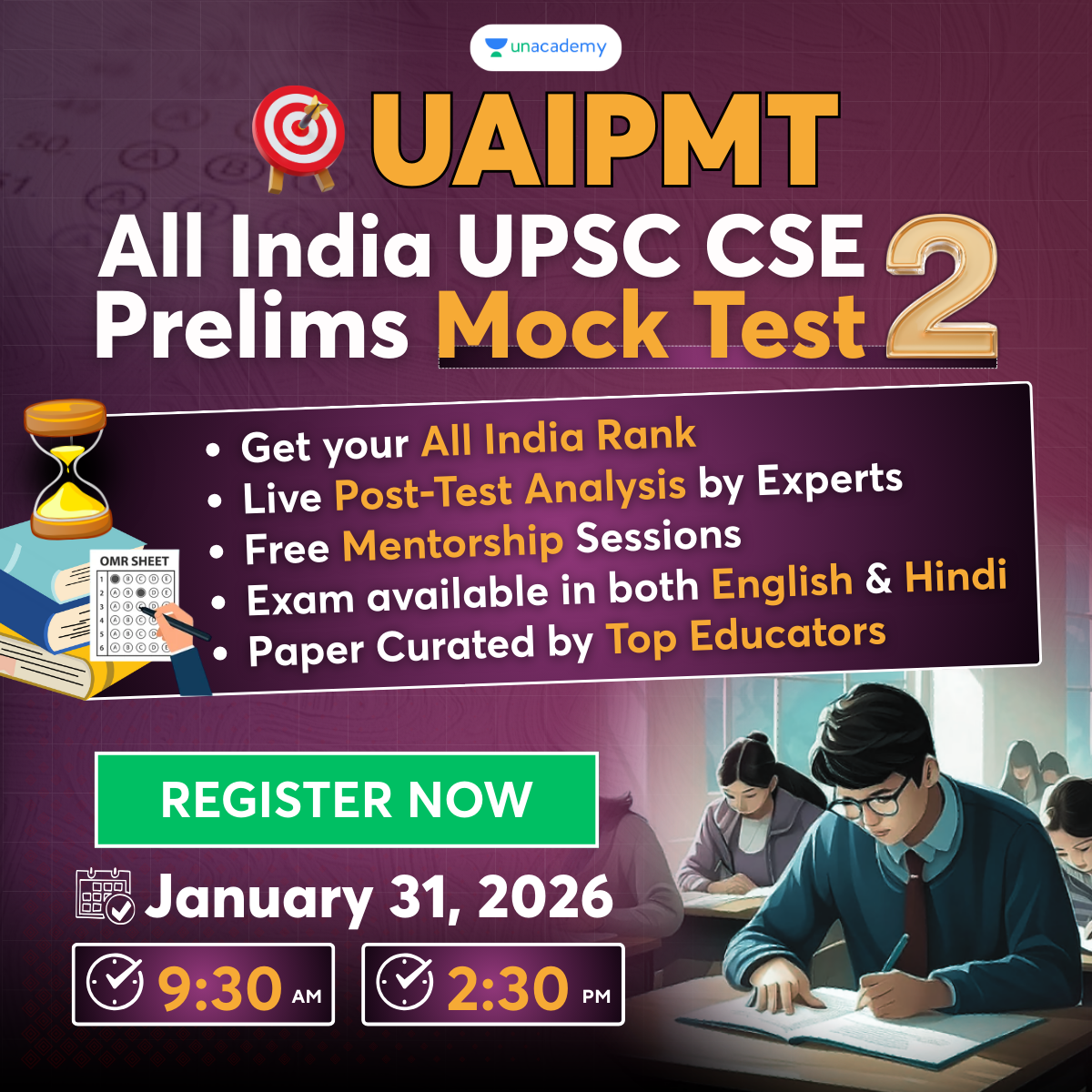The regulations for the scheme “Strengthening of Pharmaceutical Industry (SPI)” have been announced with a total budgetary expenditure of Rs.500 Crore rupees for about 5 years. The initiative would address the increased need for assistance to old Pharma clusters with MSMEs across the nation to increase effectiveness, quality, and sustainability.
What is SPI?
- To strengthen the pharmaceutical sector, the government has released a strengthening pharmaceutical industry scheme known as the SPI scheme.
- This scheme is used to provide Financial help to pharma clusters for the establishment of Common Facilities in pharma sectors.
- The Scheme would give financial support to pharma clusters for the establishment of Common Facilities. WHO-GMP is a quality assurance element that guarantees that pharmaceutical goods are consistently manufactured and regulated towards the quality standards suited to their specific use and as specified in the product specification.
- The APICF, is a scheme for pharmaceuticals manufacturing, and is nothing but Assistance to Pharmaceutical Industry For Common Facilities. As the name says it provides strength to the financial clusters that are existing by not only creating but also providing common facilities.
- The PTUAS,is a scheme for pharmaceuticals manufacturing, and is nothing but Pharmaceutical Technology Upgradation Assistance Scheme. As the name says it is nothing to upgrade pharma enterprises of sizes medium, small and micro as per the international regulatory standards.
- The PMPDS, is a scheme for pharmaceuticals manufacturing, and is nothing but a Pharmaceutical and Medical devices Promotion and Development Scheme. As the name says it helps in development according to survey reports, databases, awareness programmes and by promoting the industry.
- The GMP criteria for the pharmaceutical business in India are defined in Schedule M of the Drugs and Cosmetics Rules.
Subschemes of SPI:
Mainly this SPI has 3 sub-schemes that are APICF, PTUAS, and PMPDS. These are the sub-schemes and have different works and SPI provides funds to these so that they can work and do their responsibility.
- APICF: The APICF is nothing but Assistance to Pharmaceutical Industry For Common Facilities. As the name says it provides strength to the financial clusters that are existing by not only creating but also providing common facilities. This creates common facilities by focusing on testing labs, R&D labs, logistic centres and training centres etc. and provides an amount of approx. 178 crore rupees for this sub-scheme period which is of 5 years.
- PTUAS: The PTUAS is nothing but Pharmaceutical Technology Upgradation Assistance Scheme. As the name says it is to upgrade pharma enterprises of sizes medium, small and micro as per the international regulatory standards. It provides a 5 to 10% subsidy to SME(Small and Medium Enterprises) industries. An amount of approx. 300 crore rupees is funded for this sub-scheme period which is up to 5 years.
- PMPDS: The PMPDS is nothing but a Pharmaceutical and Medical devices Promotion and Development Scheme. As the name says it helps in development according to survey reports, databases, awareness programmes and by promoting the industry. An amount of approx. 21.5 crore rupees is funded for this sub-scheme period which is up to 5 years.
Main objectives :
The main objectives & significance of this scheme are to
- Provide strength to the existing infrastructure of the pharmaceutical industry.
- One of the main objectives is to make India, a pharma sector global leader.
- Pharma clusters should be helped by this scheme as financial assistance is provided that will result in improving the quality and up-gradation of production facilities.
- To help the pharma cluster by helping in their Interest funding or capital subsidies will be offered on their capital loans.
Production linked incentive scheme for pharmaceuticals (PLI 2.0):
The PLI (Performance Linked Incentive) plan intends to encourage local production of important KSM (Key Starting Materials) such as Drug Intermediates as well as APIs (Active Pharmaceutical Ingredients) inside the nation.
Scheme for bulk drug parks:
The government intends to build three giant Bulk Drug Parks within India in collaboration with states to lower the country’s production costs and reliance on other nations for bulk pharmaceuticals. The initiative would also assist to secure a constant supply of pharmaceuticals and the provision of cheap healthcare to individuals.
Conclusion:
The Scheme would give financial support to pharma clusters for the establishment of Common Facilities. WHO-GMP is a quality assurance element that guarantees that pharmaceutical goods are consistently manufactured and regulated towards the quality standards suited to their specific use and as specified in the product specification.
 Profile
Profile Settings
Settings Refer your friends
Refer your friends Sign out
Sign out













